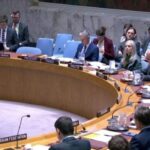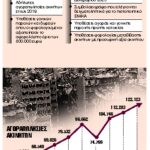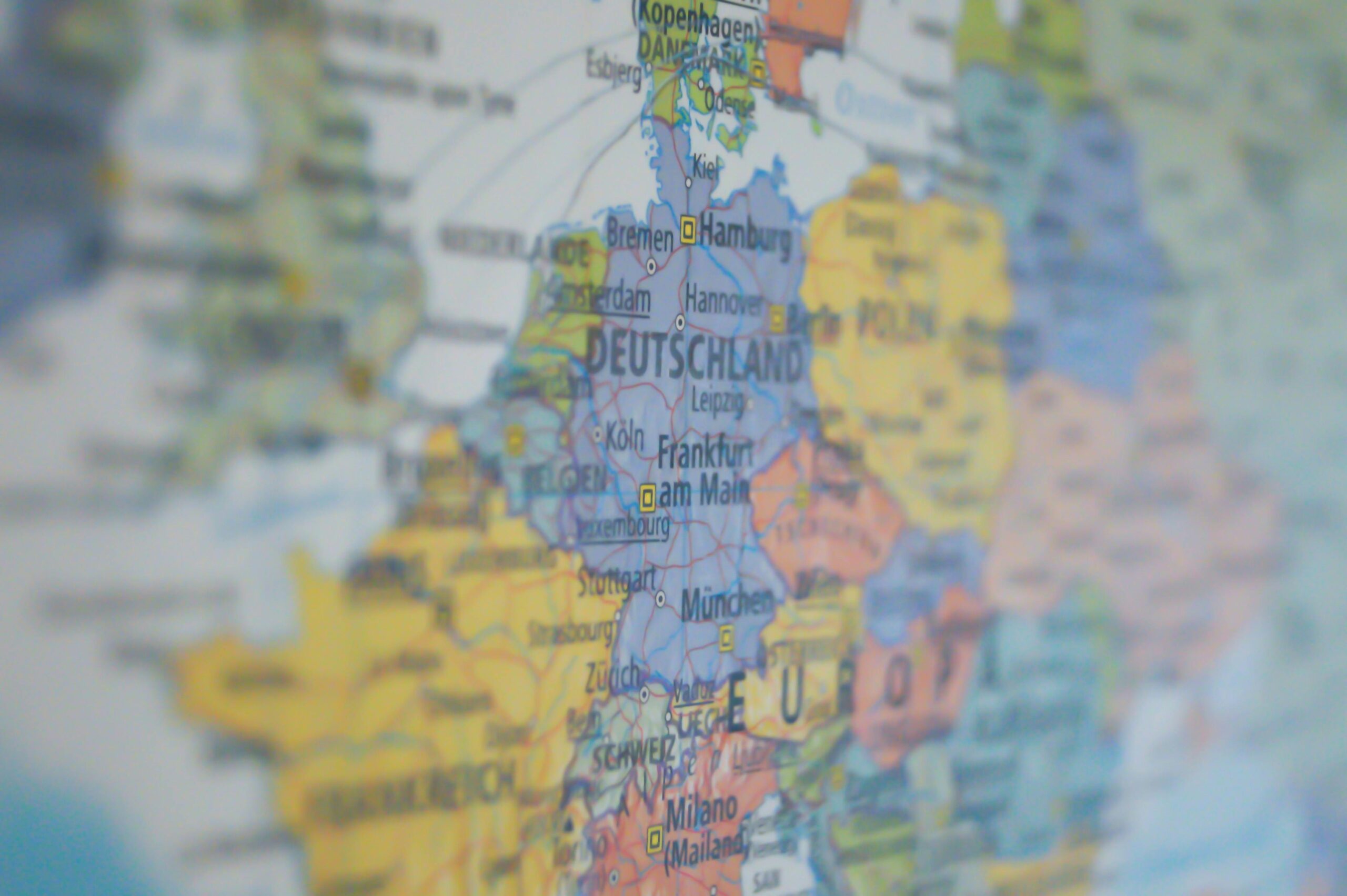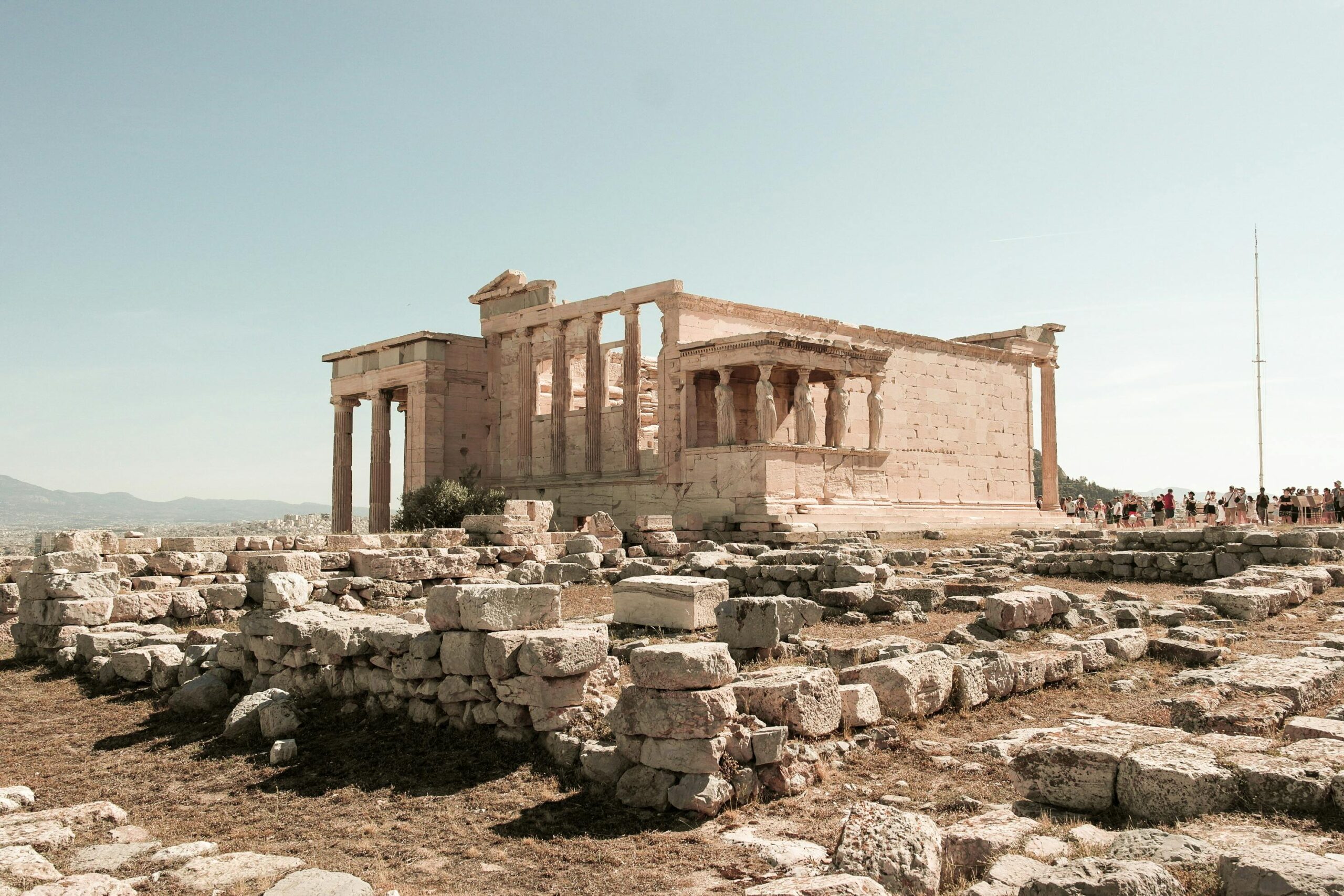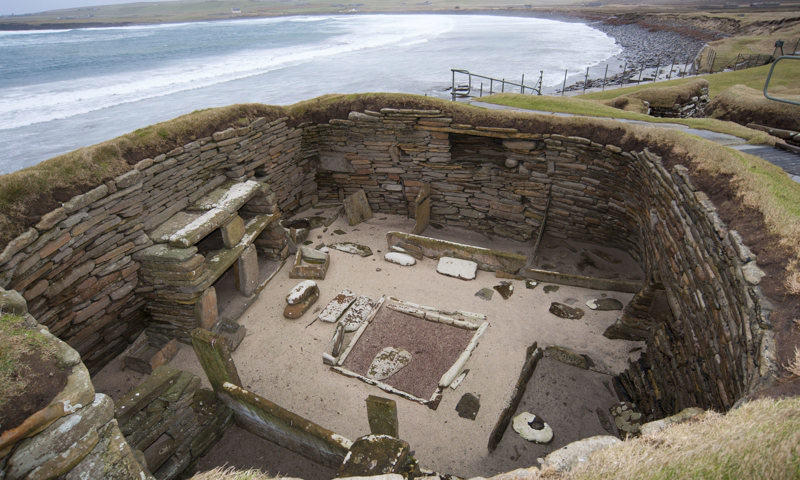Liberal economic theory says that the increase in duties and the recovery of barriers to trade have a negative impact on overall social well -being and are a springboard for economic turmoil that further destabilizes the economy. Certainly, there may be a short -term benefits, especially for the country that starts the process, and especially in the event of a sudden recovery of such a protective wall, but the expectation that these benefits will have a long -term perspective is based on the work assumption that the commercial partners will not react. adopting corresponding practices. On the other hand, of course, the devotees of such choices (new) protectionism overpowers the imposition of duties, focusing on the potential benefits of the “losers” of globalization and the negative effects of economic liberalism on partial prosperity of individual social groups. They reject the holistic view of prosperity worldwide, mainly because it conflicts with part of their political audience.
Enough with financial analysis! For Europe, in particular, economic liberalism and free trade are much more than prosperity curves and trade balances. Economic interdependence was an essential mechanism of overlapping deep -rooted nationalism that led to successive hundreds and “lost generations” in the 19th and 20th centuries. It is a tool that gave states the opportunity to compete with geopolitics and geo -economics to cooperate for reciprocal benefit – certainly not equally distributed, but nevertheless improving overall social prosperity. Unable to directly overcome state sovereignty by establishing a European Federal Press Political Union after the end of World War II, the vision of European integration was based on economic interdependence and gradual opening of European economies. These two, after all, were also a prerequisite for participating in the international economic organizations of the Bretton Woods system and a key condition for the integration of a country into the US Marshall Plan for rebuilding Europe (and avoiding the expansion of communist influence, so as not to we forget).
So, the process of European integration began, a journey that has secured an unprecedented period of peace in the greatest (not to forget the Balkans and Ukraine) part of Europe and has been a pole of attraction for so many states that have been a trip to the Balkans and Ukraine). have joined or aspired to join the European Union. In order to avoid misunderstandings, it is not argued that there are no “winners” and “lost” by the process of economic liberation, both within the EU and in its commercial and economic relations with the rest of the world, especially in developing countries. However, what we must keep in mind is that the questioning of economic liberalism as a dominant example of thinking and organization of international economic interactions and policies sets an existential dilemma in the EU.
On the one hand, yes, it may have been time for the reform of the regulatory framework of the world economy, and the seagoration, in the form of a peripheralization or even national enclosure, presented as the next stop in search of solutions and proposals in the financial challenges of the times. The overthrow of obstacles was efficient and interesting, as much as Europe (and the West in general) had the upper hand in terms of productivity and competitiveness. In the phase of this primacy, radical revisions such as (new) protectionism may be the lifeline for the European economy or at least to ensure adequate time for the necessary changes. But at what price? It is a fact that Norman Angell’s basic position, in his work “The Great Illusion”, in 1909, that the interdependence between states has made a great war unthinkable, was denied a few years later. On the other hand, however, Europe has supported the most peaceful phase of its history in this interdependence. Do we have the luxury to risk it?
Spyros Blavoukos is a professor at the Athens University of Economics and Business and Head of the European Program Arian Kontellis at the Hellenic Foundation for European and Foreign Policy (ELIAMEP)
